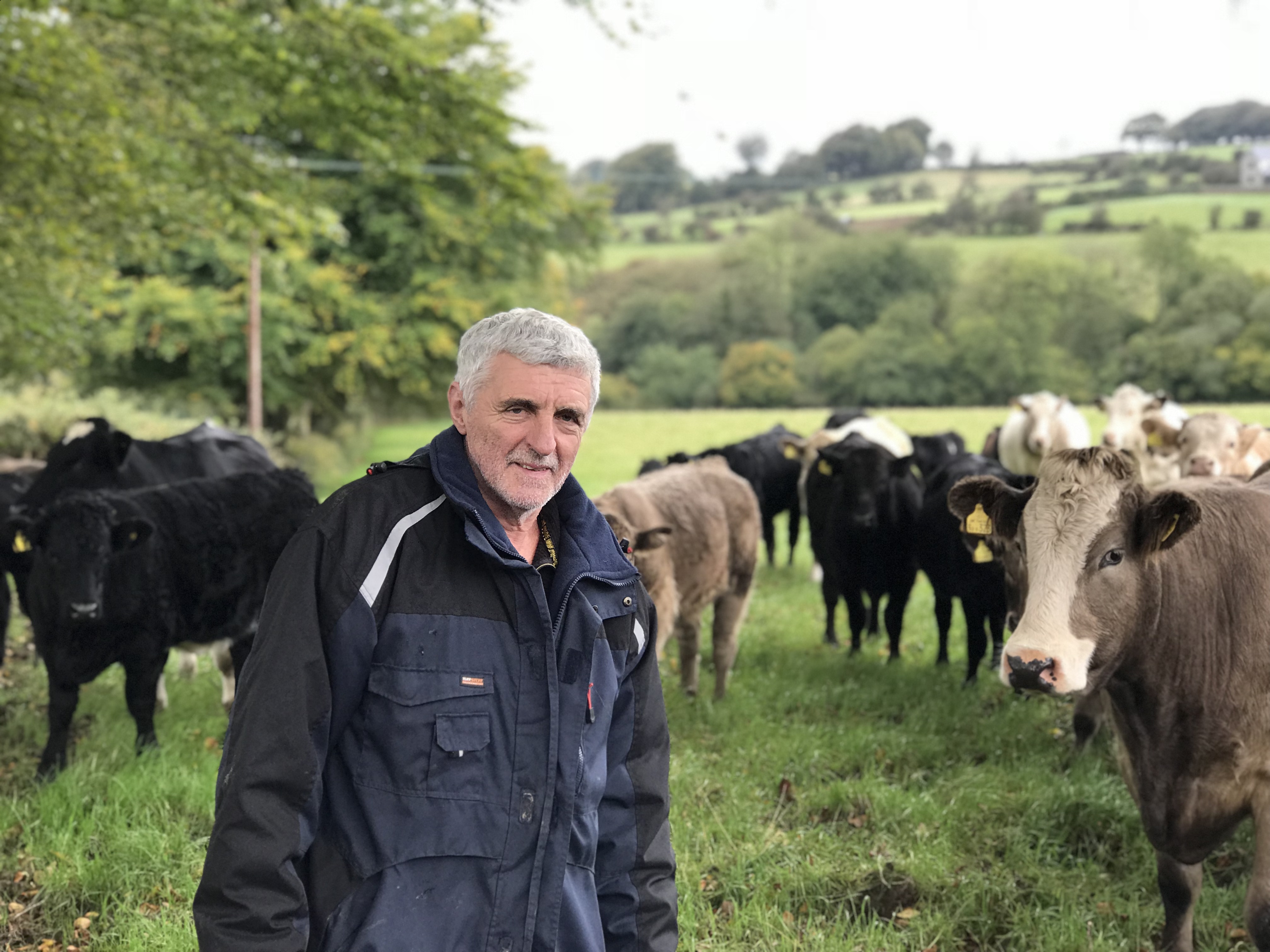 The Farmers’ Union of Wales has expressed concern that the level of bovine TB in Wales has risen over the last 12 months, despite the introduction of further cattle control measures in October last year.
The Farmers’ Union of Wales has expressed concern that the level of bovine TB in Wales has risen over the last 12 months, despite the introduction of further cattle control measures in October last year.
Recent data from Defra has shown an increase in both the number of New Herd Incidents and the number of cattle slaughtered in Wales.
Ian Lloyd, FUW Animal Health and Welfare Committee Chairman, said: “Recent data has shown that in the 12 months to May 2018 there was a 4 percent increase in the number of New Herd Incidents and a 2 percent increase in the number of cattle slaughtered in Wales due to bovine TB.”
More than 10,000 cattle in Wales were slaughtered due to bovine TB control between May 2017 and May 2018.
Latest TB Dashboard data also shows that the number of TB free herds fell from 95.3 percent in quarter 3 of 2016 to 94.6 percent in the same quarter of 2017.
“Losing TB-free status is devastating to farming families and the restrictions imposed on breakdown farms can significantly hinder the ability of the business to operate.
“Whilst there will continue to be regional variation in these results, this most recent data will undoubtedly be of concern to FUW members, many of whom have been under costly and burdensome cattle restrictions for a significant period of time,” he added.
The current TB programme continues to focus almost entirely on cattle controls and the FUW has continued to reiterate members concerns regarding the implementation of measures such as regionalisation, without significant measures to tackle the disease in wildlife.
“The Welsh cattle sector continues to operate under a plethora of restrictive cattle controls which are introduced following one policy after another. However, despite such measures, the long-term disease picture continues to show periods of rising and falling TB levels,” said Ian Lloyd.
Tackling bovine TB remains a priority for the FUW and, whilst the Union was pleased to see Welsh Government recognition of the need to deal with wildlife, progress on this issue has been painfully slow.
The FUW continues to stress the need for a proper response to the persistence of this disease in wildlife in order to deliver a holistic and meaningful approach to disease control and looks forward to working with Welsh Government in order to properly review the current strategy and identify opportunities for meaningful change.


